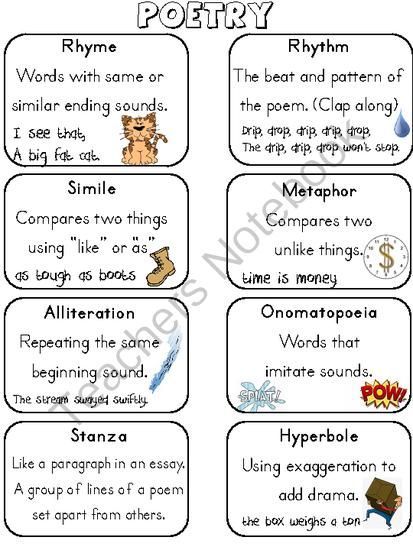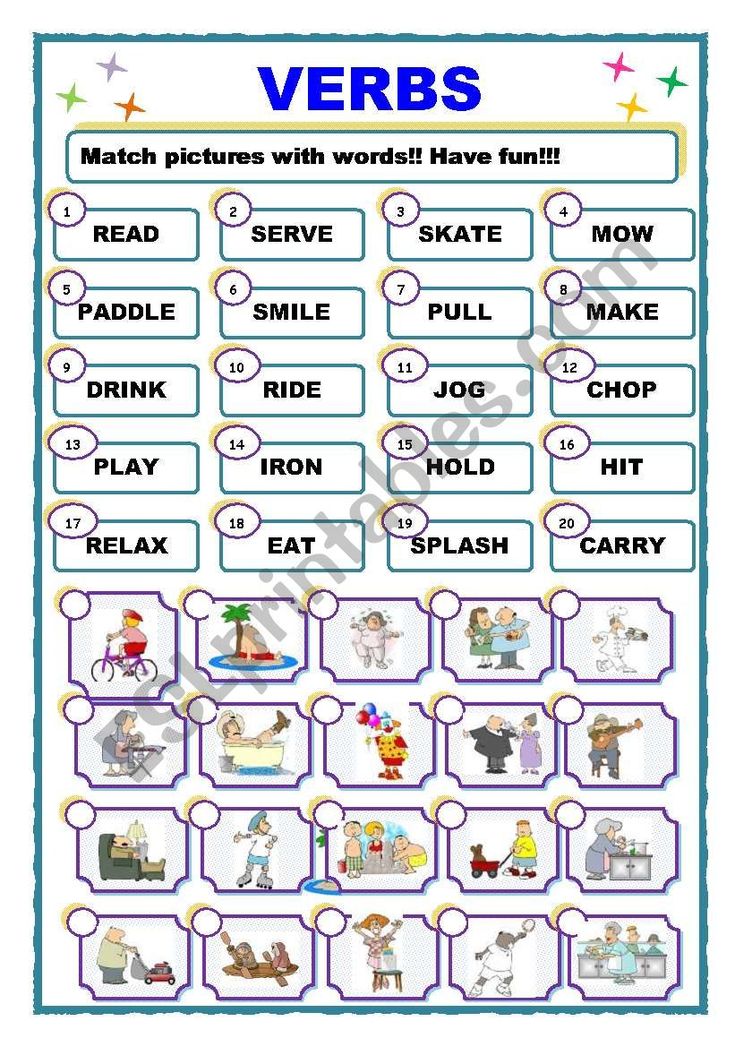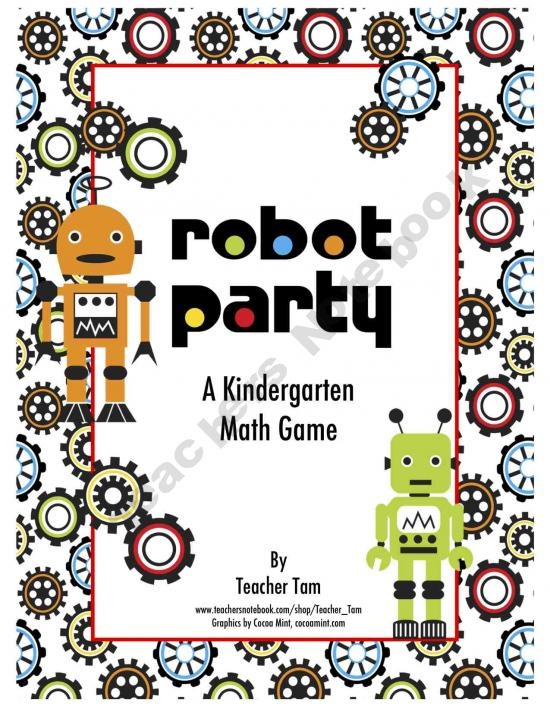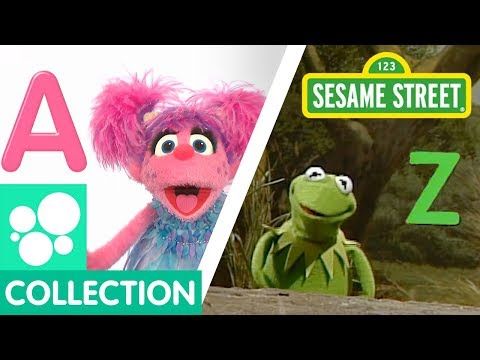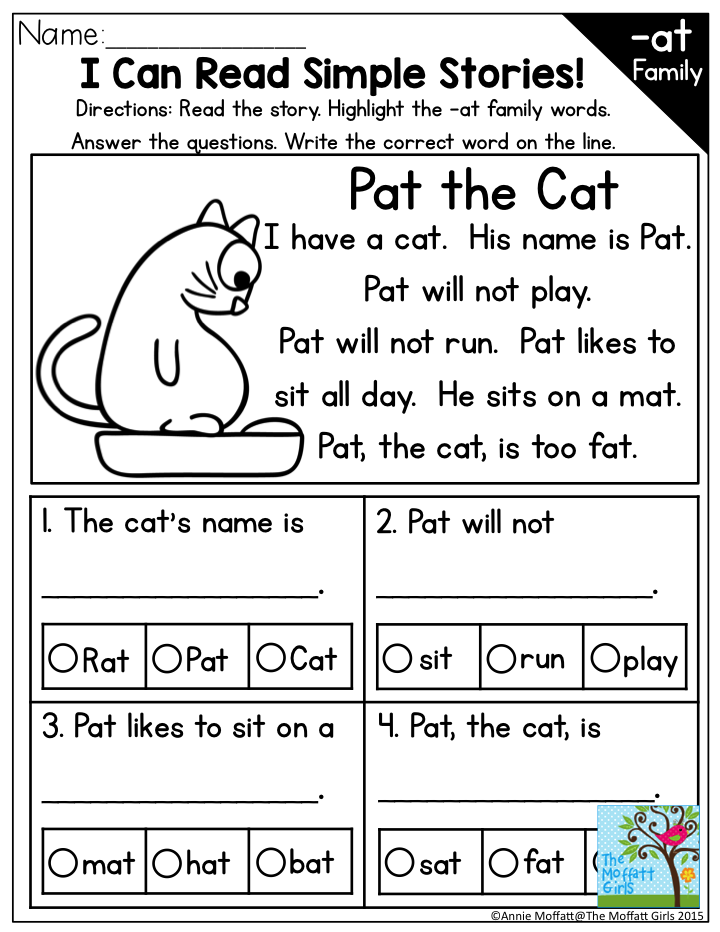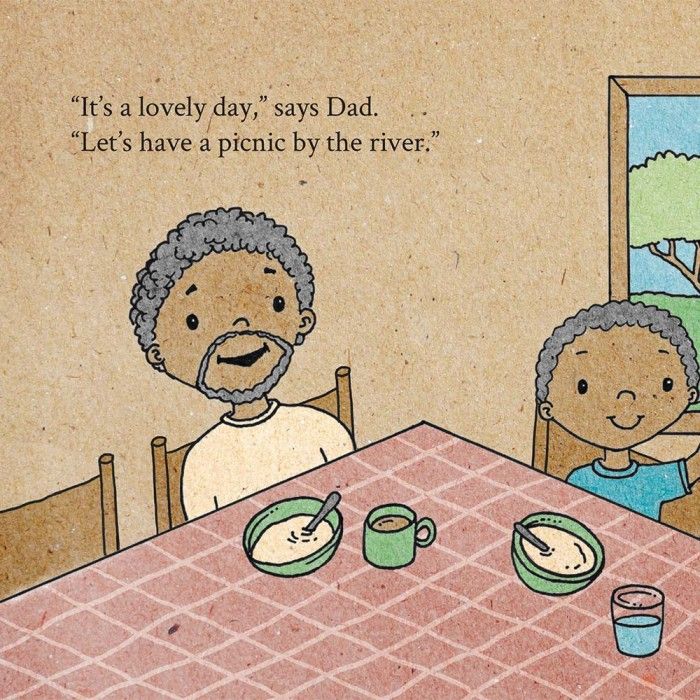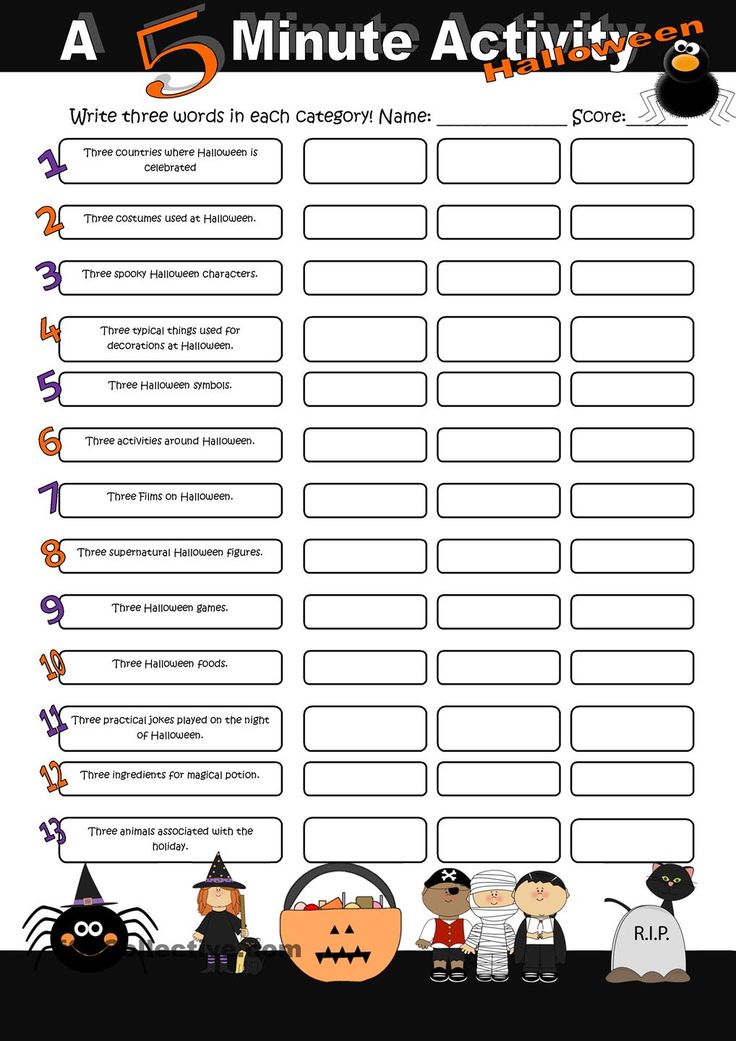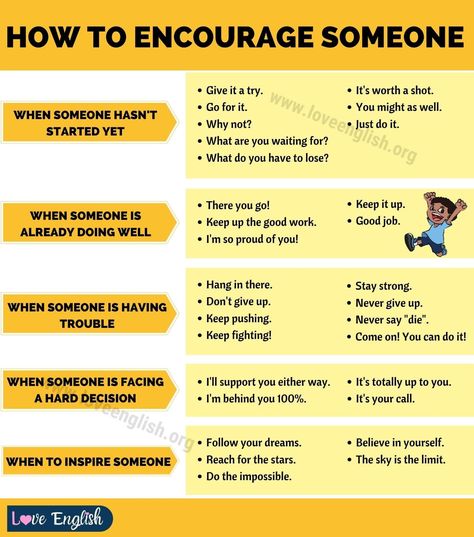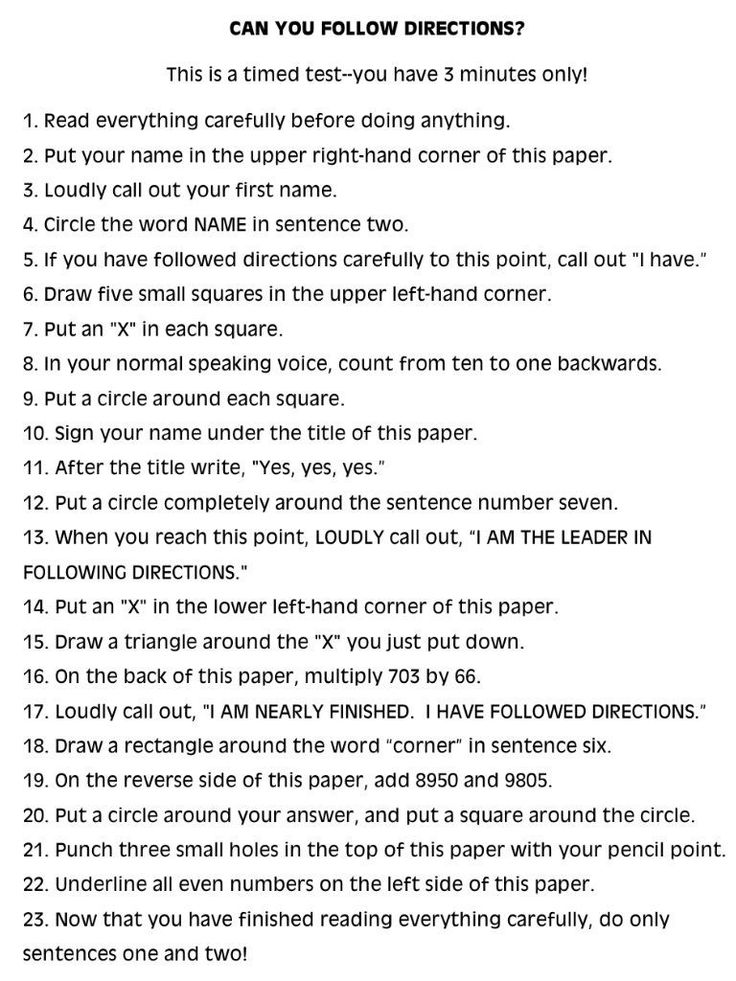Words that rhyme with tips
234 best rhymes for 'tips'
1 syllable
- Hips
- Lips
- Chips
- Clips
- Whips
- Tits
- Its
- Whats
- Fits
- Shits
- Hits
- Gets
- Spits
- Sits
- Bits
- Trips
- Prince
- Six
- Since
- Kicks
- Bricks
- Fix
- Sticks
- Tricks
- Dicks
- Chicks
- Pricks
- Mix
- Rips
- Crips
- Drips
- Ships
- Flips
- Pigs
- Wins
- Guns
- Sins
- Sons
- Wits
- Scripts
- Ribs
- Licks
- Grips
- Slips
- Quits
- Pits
- Tons
- Blitz
- Sips
- Years
- Kids
- Ears
- Zips
- Gives
- Tears
- Here's
- Fears
- Peers
- Lives
- Splits
- Strips
- Skips
- Dips
- Picks
- Nips
- Slits
- Ticks
- Rinse
- Things
- Bills
- Wings
- Brings
- Kings
- Strings
- Kills
- Skills
- Pills
- Rings
- Grits
- Puns
- Pierce
2 syllables
- Minutes
- Digits
- Habits
- Spirits
- Secrets
- Pockets
- Limits
- Bullets
- Distance
- Critics
- Conscience
- Balance
- Science
- Lyrics
- Essence
- Presence
- Patience
- Difference
- Silence
- Sentence
- Matrix
- Tactics
- Vengeance
- Planets
- Substance
- Eclipse
- Demons
- Heavens
- Visions
- Actions
- Begins
- Lessons
- Reasons
- Humans
- Weapons
- Question's
- Millions
- Questions
- Sirens
- Happens
- Nuisance
- Targets
- Tickets
- Curtains
- Guidance
- Friendships
- Mountains
- Options
- Rockets
- Riots
- Physics
- Maggots
- Profits
- Convince
- Lions
- Hardships
- Caskets
- Opens
- Nations
- Basics
- Reference
- Rabbits
- Thousands
- Seasons
- Phoenix
- License
- Wallets
- Gimmicks
- Misfits
- Midgets
- Topics
- Crickets
- Puppets
- Spaceships
- Buckets
- Credits
- Pirates
- Poets
- Jackets
- Carrots
- Visits
- Hundreds
- Oceans
- Jordans
- Someone's
- Sockets
- Listens
- Chickens
- Entrance
- Patients
- Tablets
- Blankets
- Instance
- Nuggets
- Biscuits
- Violets
- Blessings
- Victims
- Feelings
- Absence
- Comets
- Nothings
- Villains
- Classics
- Cousins
- Pilots
- Organs
- Trumpets
3 syllables
- Evidence
- Ignorance
- Existence
- Audience
- Confidence
- Influence
- Violence
- Innocence
- Idiots
- Emotions
- Intentions
- Decisions
- Politics
- Opinions
- Benefits
- Fingertips
- Everyone's
- Consequence
- Appearance
- Resistance
- Hypocrites
- Ambulance
- Aliens
- Assistance
- Opposites
- Excellence
- Ambitions
- Arrogance
- Dominance
- Illusions
- Acceptance
- Residence
- Insurance
- Crucifix
4 syllables
- Relationships
- Apocalypse
- Experience
- Intelligence
- Politicians
- Situations
- Expectations
- Mathematics
- Conversations
- Independence
- Generations
Want to find rhymes for another word? Try our amazing rhyming dictionary.
If you write lyrics you should definitely check out RapPad. It has tons of useful features for songwriters, lyricists, and rappers.
232 best rhymes for 'tip'
1 syllable
- Lip
- Sip
- Clip
- Slip
- Zip
- Rip
- Dip
- Skip
- Strip
- Flip
- Trip
- Whip
- Drip
- Hip
- Ship
- Grip
- Chip
- Crip
- Quit
- Pit
- Crib
- Fit
- Sit
- Split
- Wit
- Lit
- Spit
- Hit
- It
- Shit
- Bit
- Get
- Slit
- That
- Mit
- Kit
- Trick
- Chick
- Slick
- Mc
- Lick
- Thick
- Stick
- Pick
- Kick
- Mic
- Quick
- Prick
- Flick
- Pig
- Tick
- Brick
- Sick
- Dick
- Big
- Nick
- Click
- Dig
- Rick
- Mig
- Tit
- Nip
- Grit
- Kip
- Writ
- Pimp
- Rib
- Skit
- Chit
- Whit
- Knit
2 syllables
- Worship
- Friendship
- Closet
- Habit
- Visit
- Poet
- Limit
- Private
- Secret
- Credit
- Bullshit
- Minute
- Target
- Quiet
- Admit
- Bullet
- Casket
- Commit
- Vomit
- Rabbit
- Profit
- Faggot
- Ticket
- Rocket
- Favorite
- Chocolate
- Toilet
- Jacket
- Planet
- Spirit
- Legit
- Bucket
- Wallet
- Riot
- Ratchet
- Carpet
- Exit
- Market
- Spaceship
- Basket
- Submit
- Puppet
- Lyric
- Logic
- Kendrick
- Toxic
- Traffic
- Public
- Basic
- Classic
- Panic
- Music
- Topic
- Tragic
- Plastic
- Static
- Chronic
- Magic
- Diet
- Equip
- Pilot
- Hardship
- Dammit
- Unzip
- Corporate
- Sonic
- Midget
- Misfit
- Hatchet
- Pirate
- Comet
- Blanket
- Peanut
- Unit
- Climate
- Forfeit
- Magnet
- Outfit
- Budget
- Orbit
- Unfit
- Picket
- Permit
- Drastic
- Edit
- Socket
- Maggot
- Faucet
- Carrot
- Emit
- Bandit
- Epic
- Cockpit
- Summit
- Manic
- Portrait
- Racket
- Granite
- Trumpet
- Plummet
- Biscuit
- Transmit
- Helmet
- Pivot
- Cricket
- Tablet
- Buffet
3 syllables
- Desperate
- Opposite
- Infinite
- Separate
- Ultimate
- Idiot
- Hypocrite
- Benefit
- Explicit
- Passionate
- Ironic
- Pathetic
- Poetic
- Fantastic
- Electric
- Intricate
- Scholarship
- Graduate
- Demonic
- Censorship
- Membership
- Leadership
- Intimate
- Accurate
- Psychotic
- Atomic
- Definite
- Delicate
- Counterfeit
- Inherit
- Deposit
- Dynamic
- Titanic
- Elaborate
- Cabinet
- Alternate
- Advocate
- Exquisite
- Syndicate
- Desolate
- Sadistic
- Celibate
4 syllables
- Relationship
- Automatic
- Illiterate
- Championship
- Immaculate
- Illuminate
- Unfortunate
- Legitimate
- Degenerate
- Alcoholic
5 syllables
- Underestimate
Want to find rhymes for another word? Try our amazing rhyming dictionary.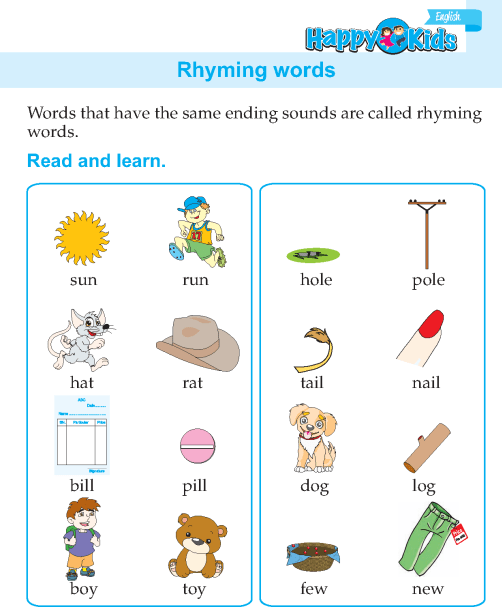
If you write lyrics you should definitely check out RapPad. It has tons of useful features for songwriters, lyricists, and rappers.
Funny pairs of English words
English does not seem too poetic to me, but it is a pleasure to pronounce and hear some English words. For example: higgledy piggledy, hugger mugger, topsy turvy and pell mell. Most of these words rhyme, that is, they have the same final sound, but a different initial one.
The combination of similarities and differences can give us a little push to understand the meaning of the couple, because they all mean the same thing - a situation where everything is confused, in a mess, upside down or scattered everywhere. For example: “My house is all topsy turvy, everything is all over the place” or “Sorry everything is so higgledy piggledy, I will tidy up later“. nine0005
Other interesting-sounding examples of rhyming compounds include: hurly burly, super duper, itty bitty, razzle-dazzle, bees knees, and lovey dovey.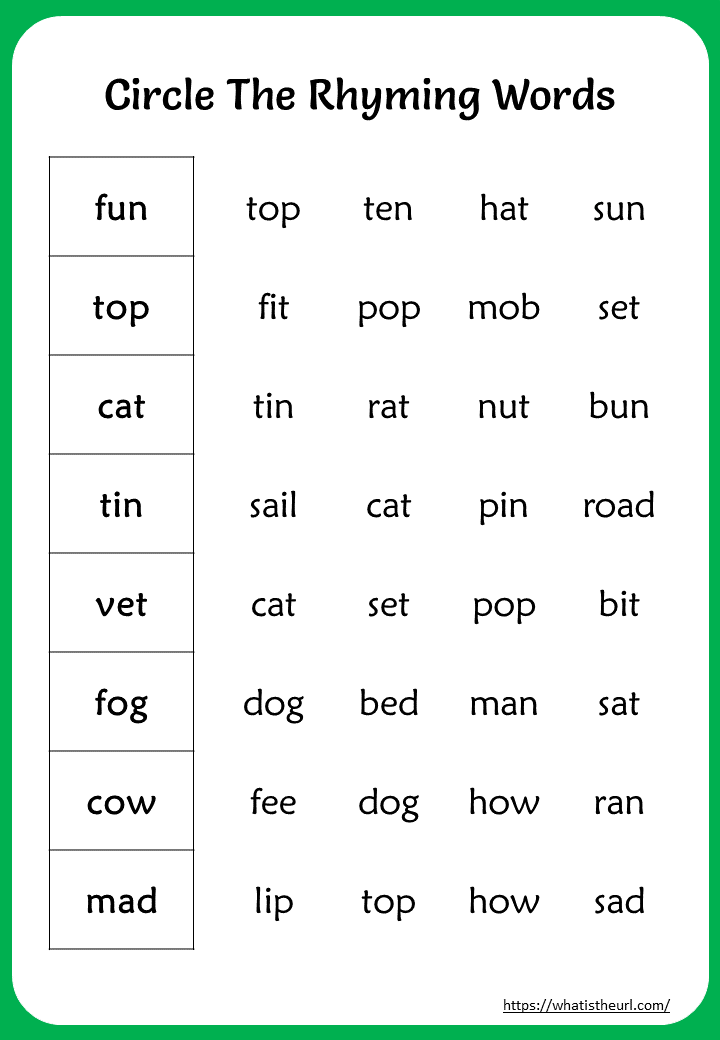 In most of these stable combinations, the first word conveys the possible meaning of the whole couple, which the second word reinforces, for example, lovey from love and dovey from dove (a dove symbolizing love) are combined to describe an overly sentimental expression of love.
In most of these stable combinations, the first word conveys the possible meaning of the whole couple, which the second word reinforces, for example, lovey from love and dovey from dove (a dove symbolizing love) are combined to describe an overly sentimental expression of love.
Other compound words include nitty gritty (as in the sentence “Let's get down to the nitty gritty” – let's get down to business) and wheeler dealer (“He's a bit of a wheeler dealer“, which means a person who cleverly uses any opportunities for self-enrichment). nine0005
Dilly dally is another interesting sounding combination made popular by entertainer Mary Lloyd. This verb, consisting of two words with the same consonant sounds, means “to hesitate”, “to waste time, not daring to do something”. Another similar word that we all know is ping pong, or table tennis. Zig zag, wishy washy, see saw, and mish mash are other examples of common compound words formed by consonants.
There are also phrases that can be used separately, but in direct proximity carry a greater semantic charge, for example: “They were a dream team the year they won the double. ” nine0005
” nine0005
There are also short phrases of two words connected by an article or conjunction, for example: “I want some peace and quiet“. The phrase “I do not want to be the life and soul of the party, but I will just grin and bear it till the party is finished” uses common nominal and verbal phrases.
Rearranging the words in these phrases leads to a loss of meaning, so the correct word will always be peace and quiet, not quiet and peace. Here and there is a typical adverbial phrase with stable elements, while short and sweet is an example of an adjectival phrase. nine0005
With the help of rhyme and repetition, children learn to speak more easily, so it is quite natural that there are so many phrases with repetitions. Try to learn some of them, and then gradually try to use them in your speech. You will not have time to look back, and you will speak like a native speaker.
image: pauly_march
How to Write Strongly and Stylishly: Tips for Aspiring Poets
8 May 2020 Inspiration Speaker
About artistic taste, strong and weak rhyme, and why technically perfect lines are not a guarantee of a response in the reader's soul.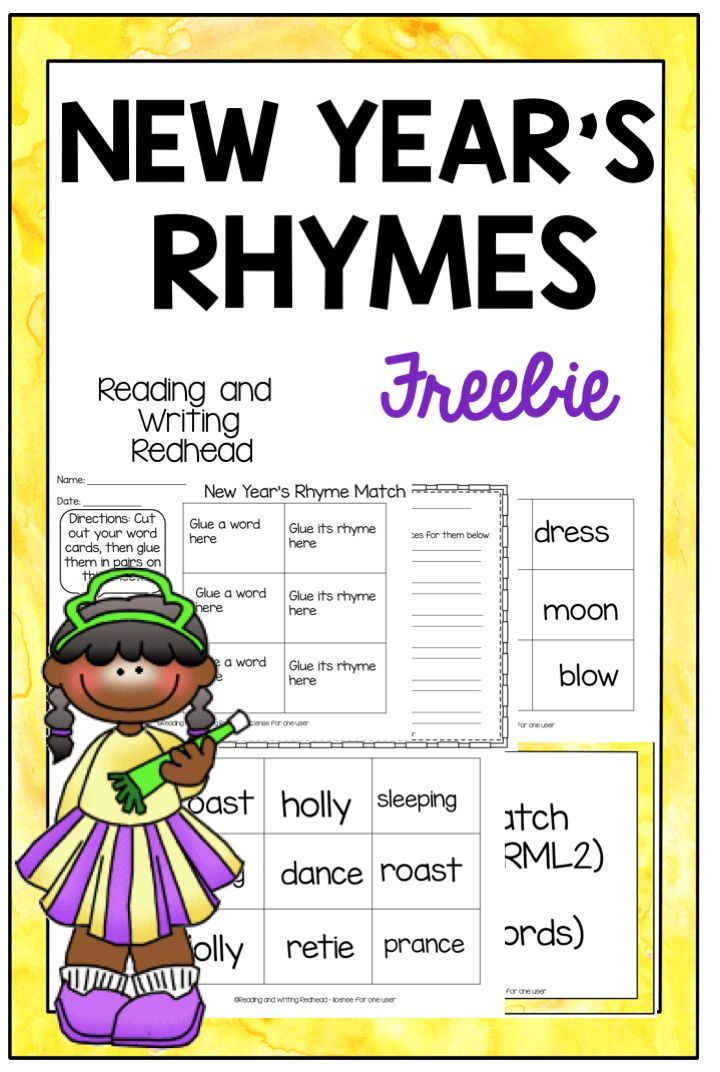 nine0005
nine0005
Alexandra Ardova
Poet, author of the collection “Happiness. Adolescence. Youth".
What does "strong" and "stylish" mean? So that verses are taught by heart and saved by them. So that each poem for the reader is a micro-inspiration, a clue on the way to something high.
I will win you back from all lands, from all heavens,
Because the forest is my cradle, and the grave is the forest.
Marina Tsvetaeva
Stylish is like with clothes. Such a poem suits the temperament and life experience of the author, the described image is holistic, nothing is knocked out of it. It is a pleasure to read to others, and others want to write the same way. Stylish poems correspond to the time, but will remain relevant in the “next season”. In general, you are either in leopard leggings or in a good coat.
The text of the registrar in the registry office about “ships of love” and “two fragile vessels” is not stylish. Poems from postcards for the anniversary - in most cases, too.
nine0005
Because such lines should be universal, addressed simultaneously to the entire population of the Russian Federation. A stylish text can only be written for a narrower audience. (By the way, if the words are both stylish and “for everyone”, this is already brilliant, a classic.)
I also like the phrase that occurs in social networks: “There is only one criterion: there are goosebumps - no goosebumps. Everything. And so it is with everything."
What is needed to create good poetry
Like any professional, a poet needs to master the “materiel”. What can be done so that your poems do not scroll through the feed? nine0005
1. Use rich rhyme
Not verbal, not morphemic.
- "Walked - started" - not very good.
"Went - censer" - good. - "purring - whimpering" - not very good.
"Purring - prey" (like Marina Tsvetaeva) - good.
Ideally, rhyming words should be different parts of speech. If these are nouns, then they must be in different cases.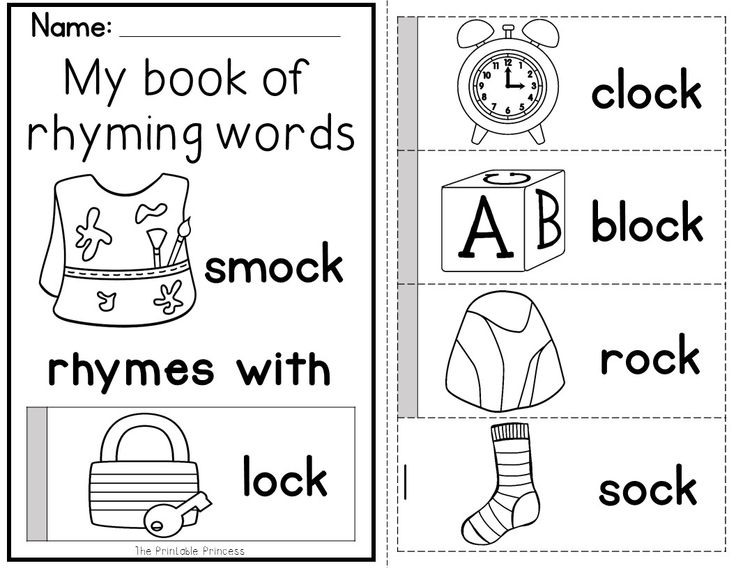
Let's take two blocks of rhyming words: "Simple - empty - single" and "Simple - from Rostov - Leo Tolstoy". In both cases, the rhymes are accurate (sounds coincide not only from the shock, but also before it). But the second example is more interesting due to the fact that different parts of speech or different cases are used. nine0005
2. Always count syllables
Yes, there are many good examples of using free time. But only experienced poets can afford this.
he is wearing boots, she is on tiptoe, barefoot
she is holding a sandal with a broken heel in her hand
he is laughing so hard that he almost chokes on his Adam's apple
Vera Polozkova
who - out of inexperience. Abstract artists owned an academic school. If you still want to write conceptual poems, you first need to master the classical techniques. nine0005
3. Come up with honest metaphors
When a person tells you about how his day went, it is immediately clear whether he is showing off or speaking sincerely.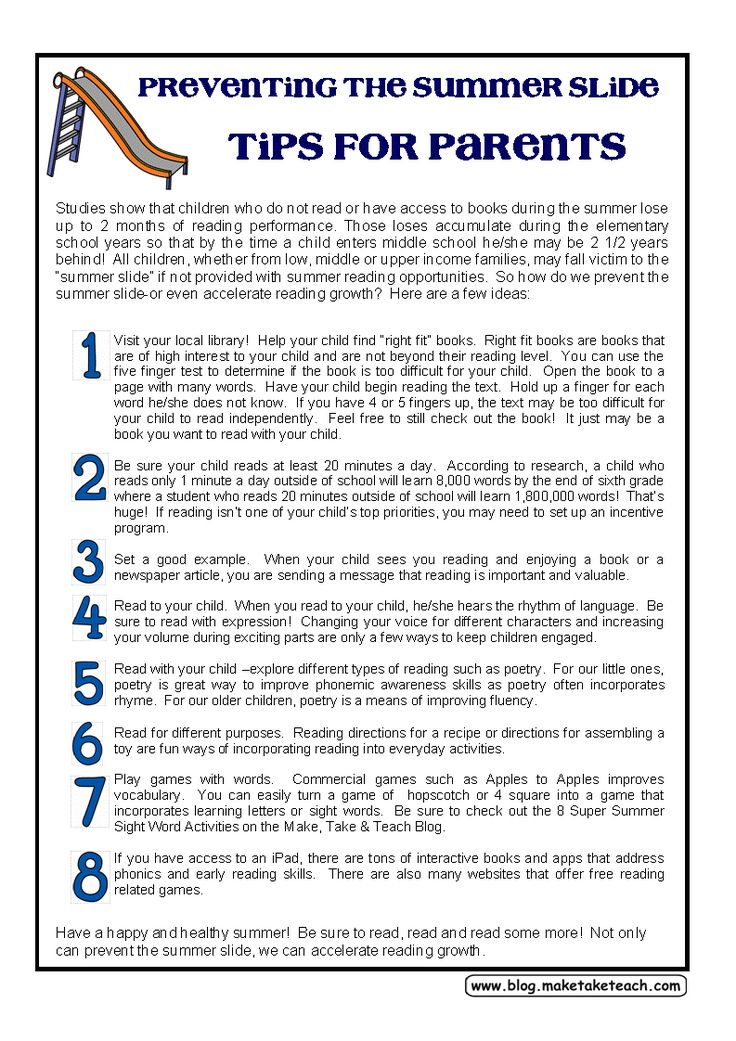 Behaves unnecessarily pompous or friendly with you. This is also evident in the lyrics. The metaphor must be "taken out" from within, and not taken from outside. It should be unique, not boring. Should give a pleasant coolness or warm hope.
Behaves unnecessarily pompous or friendly with you. This is also evident in the lyrics. The metaphor must be "taken out" from within, and not taken from outside. It should be unique, not boring. Should give a pleasant coolness or warm hope.
- “And the wax dripped from the night lamp on the dress with tears” (Boris Pasternak).
- “The autumn of life, like the autumn of the year, must be accepted with gratitude” (Eldar Ryazanov). nine0067
In both cases, the metaphor is easily “inhaled”, and also conveys the atmosphere of what is happening: from lighting and air temperature to the deep feelings of the characters.
4. Connect language and design
There is an exercise for graphic designers (design is my main occupation): for example, type the words “happy anniversary” and “terminator” in italic curlicue.
It is clear for which word the headset is suitable, and for which it is worth changing it. The same goes for meaning and form. nine0005
To make friends between language and thought will help the ability to intuitively pass words through oneself.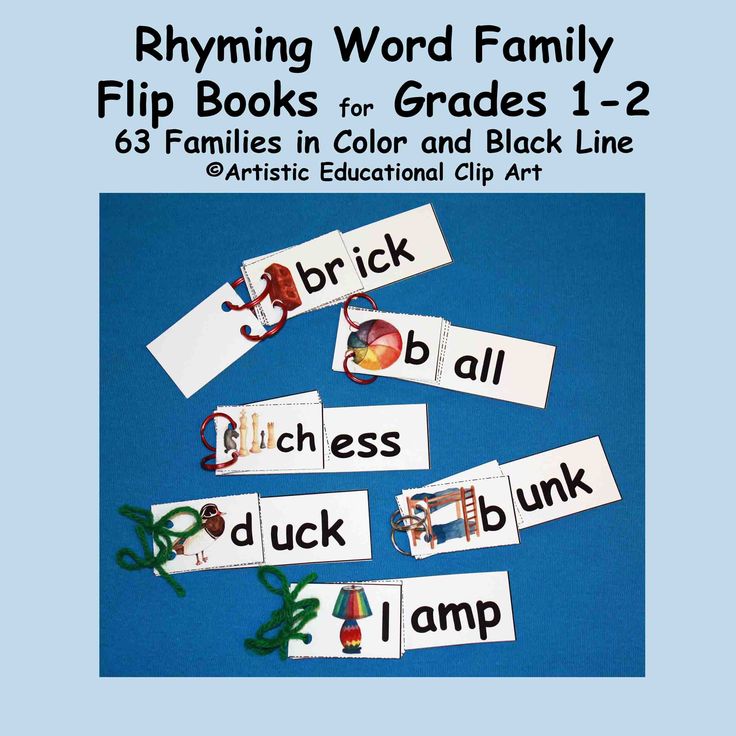 It is necessary to visualize the music that remains in the ears while reading the poem aloud, and compare it with the meaning.
It is necessary to visualize the music that remains in the ears while reading the poem aloud, and compare it with the meaning.
Both size (a philosophical dactyl that leaves an aftertaste, or a confident bright trochee), and phonetics, and even places where you can take a breath when reading, also matter. And here it is worth checking if there are any ridiculous, falling out words in the poem.
How to develop artistic taste
As usual in life, the above rules are ambiguous, have limits of application and many exceptions, and simply memorizing them will not work. To apply poetic laws in practice, you must have an artistic taste. How to develop it?
1. Don't neglect education
This is the easiest way. Good universities usually pump the brain so much that even a person far from creativity can easily distinguish real art from kitsch.
2. Read good books
Feel the philosophy of Russian and foreign classics. Soak up the language. Consider how deep you will have to dive.
See for yourself 📚
- 10 books that prove that classics are not boring
3. Watch and listen
Knowledge of painting and music is equally important. If you are inspired and subsequently write poems based on your impressions of a painting or a symphony, this will not be plagiarism. And if you focus on famous poets, the reader will easily notice this. nine0005
4. Connect with interesting people
Charismatic and strong people help their social circle grow. This also applies to artistic taste.
6 more tips from personal experience
1. Study musical literacy
Learn to feel different meter, live the pauses, conduct your own lines. Then you will have the right to say that your poems have a melody.
2. Learn foreign languages
It is necessary to know the meanings of the main borrowed roots in order not to get into a mess. Foaming at the mouth, beginner poets tell how bad it is to rhyme "boots" and "shoes", and immediately rhyme "voyage" and "bag".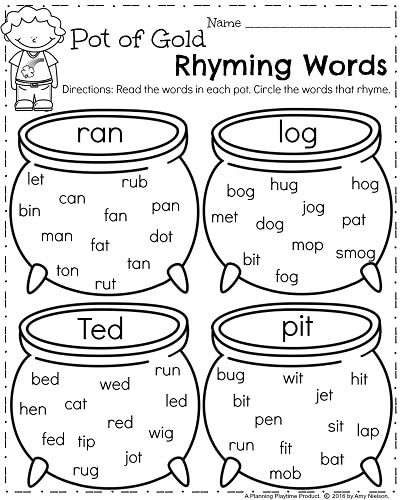
Choose the right one 💬
- 8 methods to help you learn foreign words
3. Don't write the way people have written before you
Don't make the discovery of America out of what every reasonable person already feels. Think twice when you pour yourself some cocoa and wrap yourself in a blanket and sit down to write about autumn. Think uniquely, like no one else in the world. Neither Pushkin, nor Tsvetaeva, nor Polozkov.
4. Move sincerely and unobtrusively
Do not publish in paid collective collections: no one reads them, except for published poets. Do not participate in dubious apartment houses, where there are more participants than spectators. Do not boast of membership in literary unions: they still take everyone there now. Do not write deliberately laudatory reviews of other poets in the hope that you will be praised in return. nine0005
For starters, a couple of your best poems on your personal page will suffice. If the lines are successful, there will definitely be people who will say: “Yes, this is brilliant, I will tell everyone about you.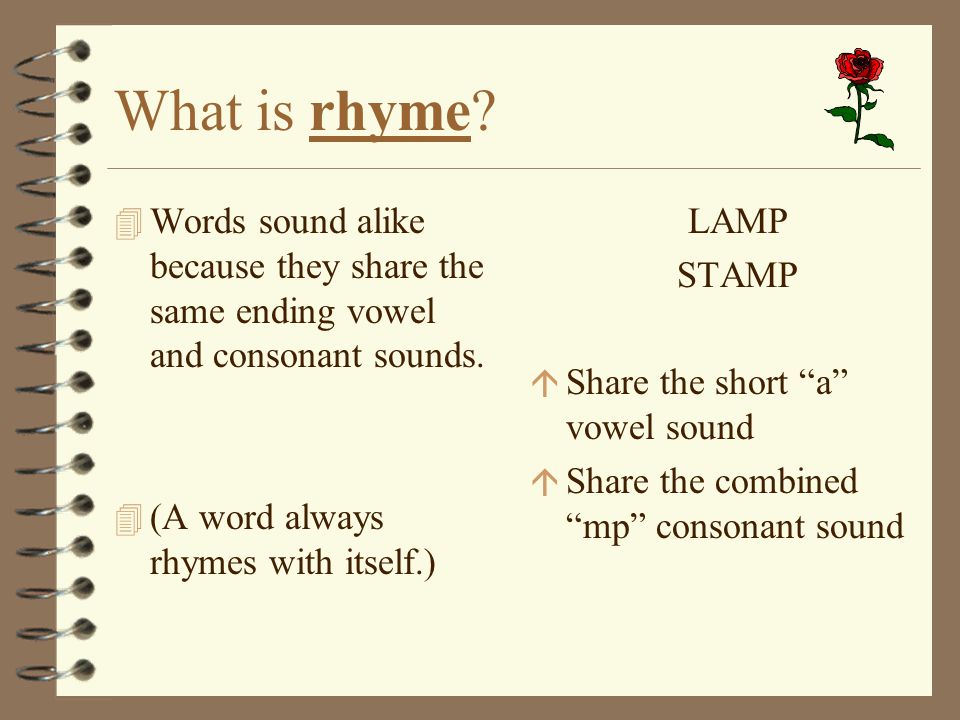 ” Keep your blog neat and respectful of the reader.
” Keep your blog neat and respectful of the reader.
5. Live in harmony with the world
It happens that a poet has good taste, and he counted the syllables, but the reader does not have the notorious goosebumps. I believe that every poem is written to some extent by higher forces, by the cosmos. And with this same cosmos, the author needs to establish a connection. Here, unfortunately, there are no universal recipes. From experience - you need to live in harmony with yourself and the world around you, be receptive and attentive. nine0005
6. Check if your thought is valuable
Will it be as important in prose as in poetry? If you remove the form, will the content remain?
The advice turned out to be cautionary. In fact, if both the mind and the heart work at full capacity, then everything will work out.
Writing well is a useful skill, and it is not so difficult to develop it. The best way is through Initial, a free and cool writing course from the editors of Lifehacker.